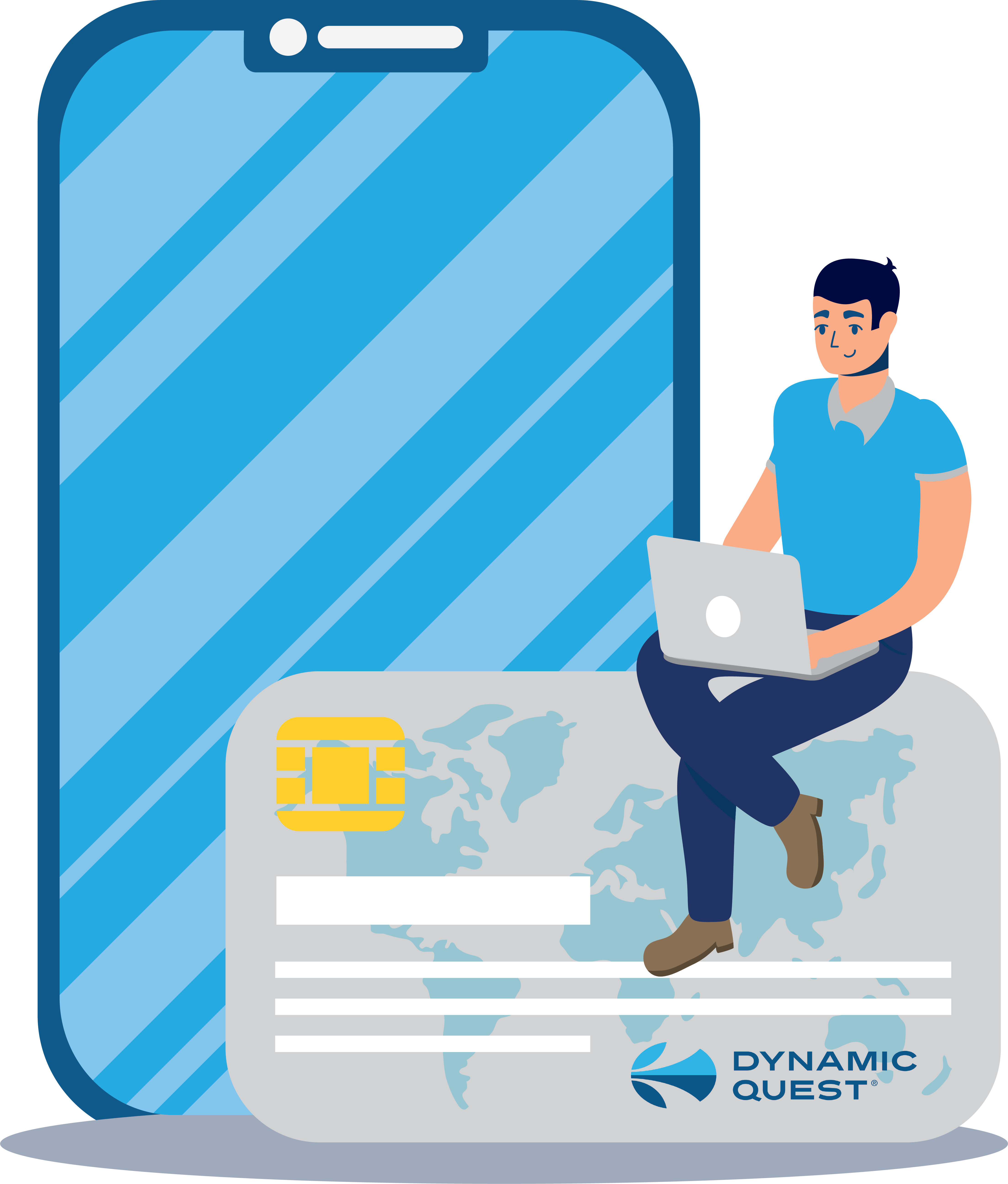Online shopping has become more popular than ever before. In 2020, more than 2 billion people bought products or services online. In 2021, Adobe Analytics projects U.S. e-commerce sales between November and December will grow nearly 10 percent year over year to reach a record $207 billion in U.S. sales. Whether they’re shopping online because it’s more convenient or avoiding going to brick-and-mortar retailers during the ongoing pandemic, more people are turning to online retailers every day.
It’s not just the convenience or health safety that’s drawing people to shop online; shopping this way has become more secure than ever before. That doesn’t mean all retail websites are created equal when it comes to safety and security. Hackers and scammers are still out there trying to get your information, but by taking the proper precautions, you have no reason to worry while shopping digitally.
If you plan on buying online this holiday season, here are five cyber security tips to ensure your information stays protected.
Use Well-Known and Secure Sites
When looking to purchase a product or service online, you have thousands of options to choose from. To avoid having your personal information stolen, it’s best to use familiar sites such as Amazon, Walmart or any of the other major retailers. If you search for a product on a search engine, you may be presented with prices that are extremely low. There’s a good chance these are not trustworthy sites. When it comes to online shopping, if it seems too good to be true, something is likely not right.
Pay attention to the security of the site where you’re trying to make a purchase. Look for a lock icon in the browser bar. If the website has one, then you should be safe on their site. Another way to tell is by looking at the beginning of the web address. If it begins with “https” instead of “http,” you are in good shape, and you can continue using the site. “Https” is “http” with encryption; the “https” protocol uses TLS (SSL) to encrypt normal “http” requests. Browsers are strongly encouraging end users to only interact with websites that implement “https” because it can help mitigate and block a variety of threats to the end user.
Also look to see whether the site has an updated web theme. If the website is an older format, it likely has not been updated with the latest security enhancements needed to protect your personal data. Secure websites help protect your financial information as well as passwords. Shopping at unsecured sites can put your personal information at risk.
Use Strong Passwords
A strong password can make all the difference between your information remaining secure and someone stealing it. You need to make your passwords as difficult as possible so that hackers and thieves can’t hack into your accounts. It’s best to use a complex mix of uppercase and lowercase letters while including special characters and numbers. When building long complex passwords, use memorable phrases. This can include a phrase from your favorite book, lyrics to your favorite song, or a string of memorable words. Avoid using common spellings of words and personal information in your passwords because these can be easier to crack.
If you’re worried about not remembering a complex password, use a password manager. This tool will remember the passwords for your accounts while also keeping them protected. Utilizing password managers is the best way to create complex passwords since you won’t have to personally remember them, and they will still be protected.
Keep Track Of Your Statements
Monitoring your online shopping transactions is critical for catching hackers in their tracks. You should always be watching your finances, but it becomes even more important when shopping online. It’s a good habit to form and will help you catch overcharges or purchases that you did not make.
It is important to shop with a credit card when shopping online. If someone hacks into your account and steals your debit card information, they will have direct access to your money. Most credit cards have protections in place for fraud, so you won’t be at fault for any errant charges on your account.
Being proactive in your monitoring will help protect your finances from unplanned expenditures.
Protect Your Information
When entering a new website, you should be wary if they ask for any personal information upfront. No online retailer should ever ask for your Social Security number unless you are applying for a credit card on their site. Be cautious if they ask for your birthday as well. Hackers can use this information in conjunction with your credit card number to wreak havoc on your life.
Don’t Shop on Public Wi-Fi
Public Wi-Fi at the airport, local coffee shop, library and hotel are convenient, but they are often not very secure and can leave you at risk of being hacked. Since these networks often lack the security measures needed to safeguard personal data, entering your personal information while using it can give hackers easy access. It’s much safer to bookmark the item and wait until you’re home or no longer using WiFi to make the purchase.
Summary
Shopping online can be as safe and reliable as shopping in a store – as long as you take the proper precautions. Take some time to ensure that you are following the right security measures before making purchasing or entering any information.
